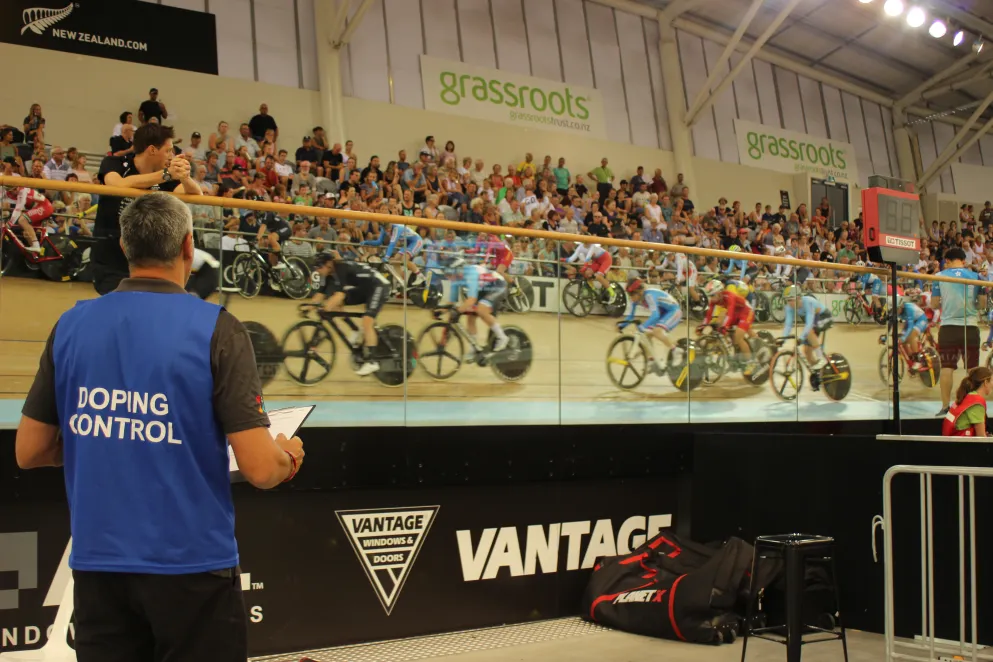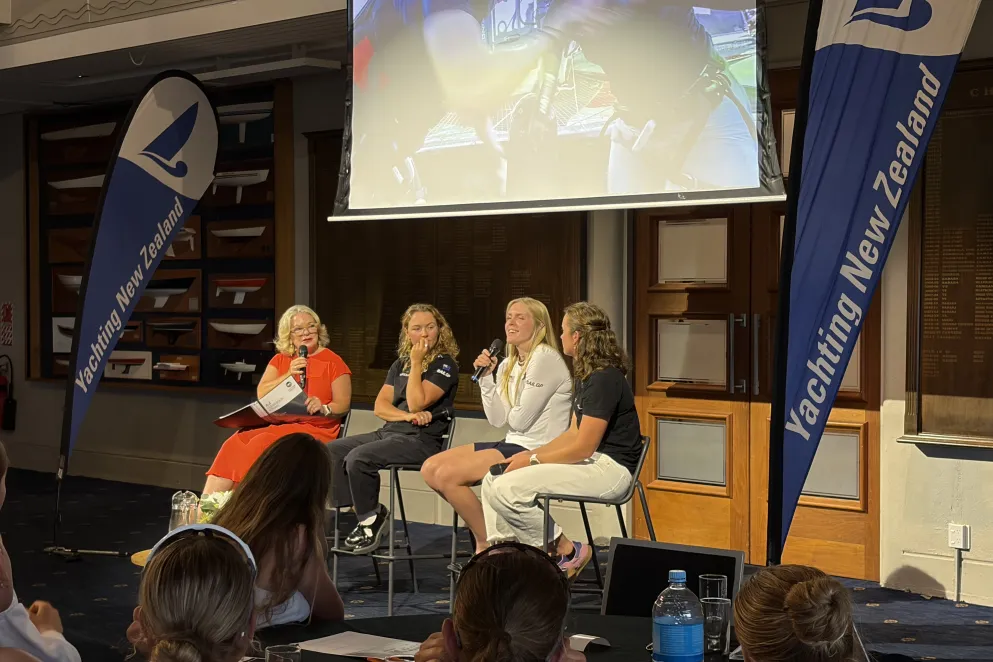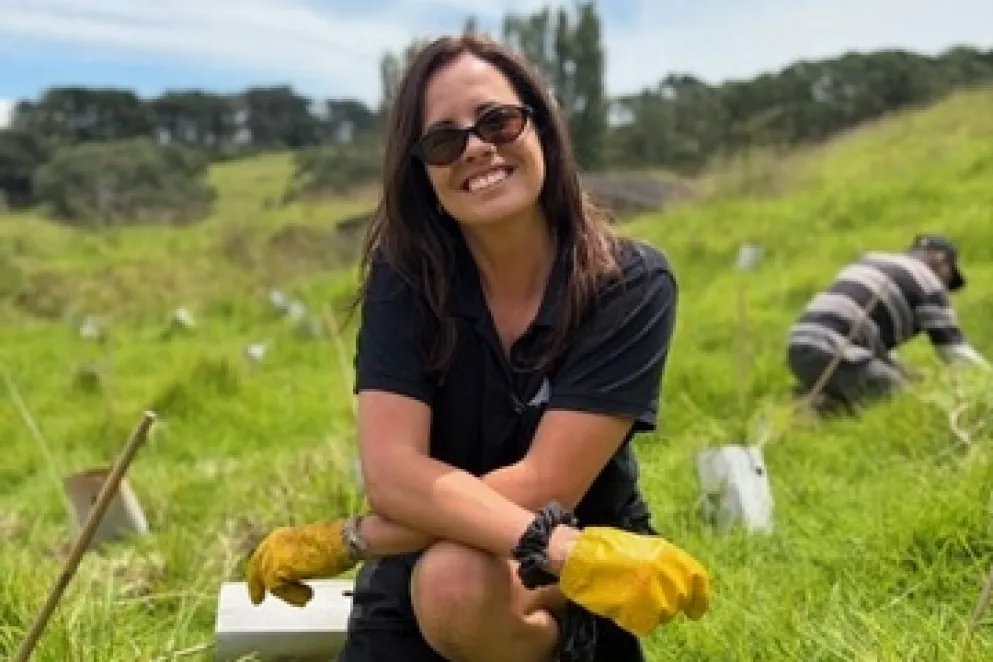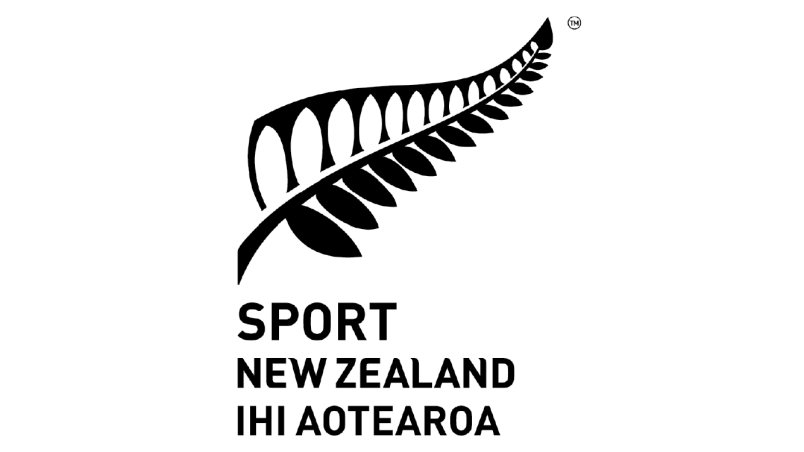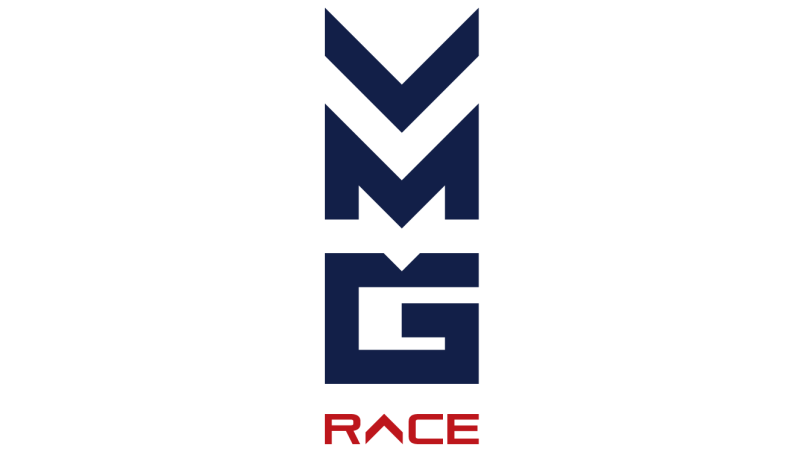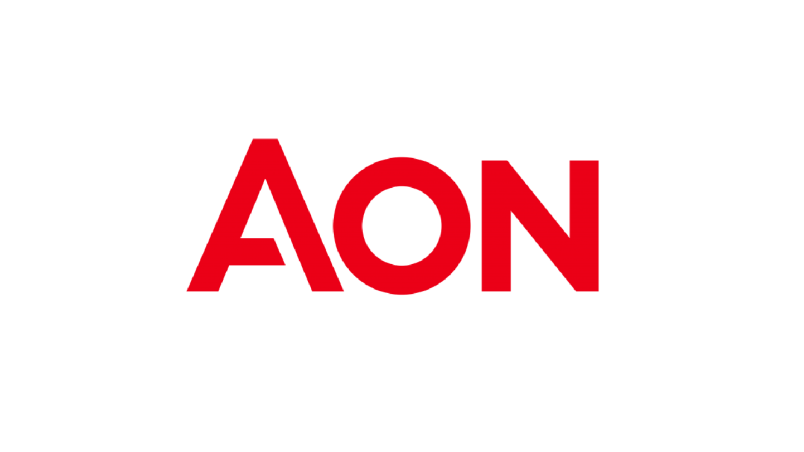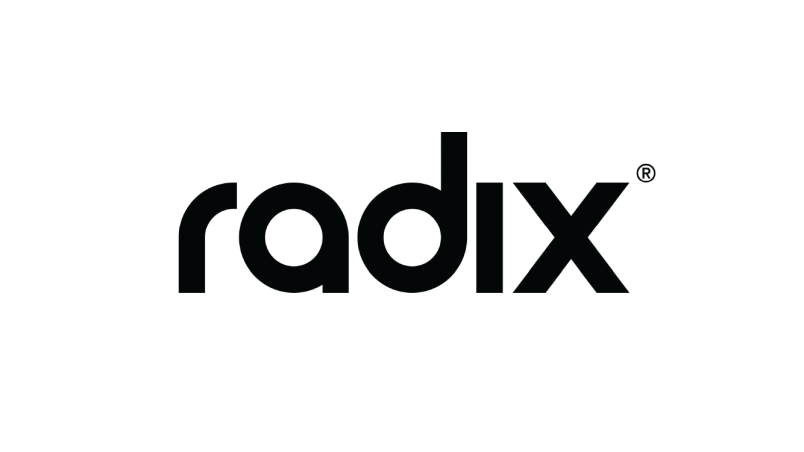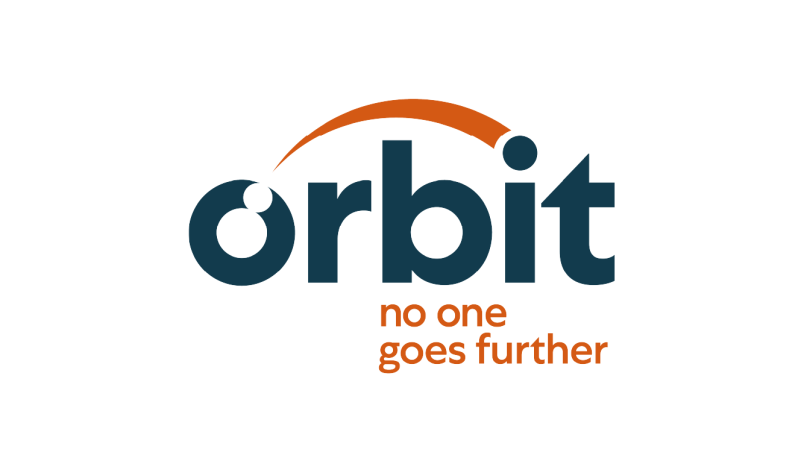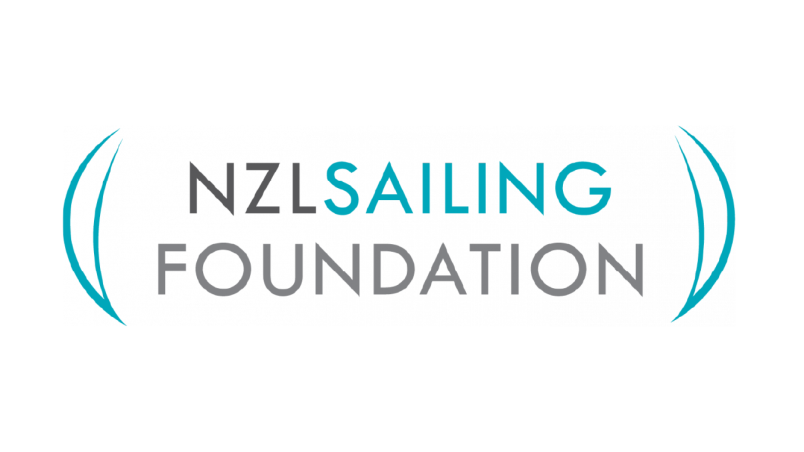Keep it clean - know your rights
There were a lot of doping stories in the media recently about international swimming, writes Drug Free Sport NZ chief executive Nick Paterson
Firstly there was controversy around Chinese swimmer Sun Yang and Australian swimmer Mack Horton, then the provisional suspension of Australian swimmer Shayna Jack after a positive test for prohibited substance ligandrol.
So what are athletes’ rights in the doping control process, and how do we deal with confidentiality in New Zealand?
Drug Free Sport NZ aim to run rigorous and fair doping control processes that give clean Kiwi athletes confidence. If you encounter something that doesn’t feel right, write it down, and let us know.
In terms of confidentiality, we treat a positive test as confidential until all hearings have been completed. We think it’s fair to first give athletes an opportunity to explain.
To recap, the media stories about Sun Yang included reports that:
- doping/blood collection officers attended an athlete’s house to take blood at 11pm
- a number of these officers did not hold accreditation (ID) to carry out their role
- videos and/or photos were taken throughout the process
- a security guard took a hammer to the vial of blood collected
The second story included reports that there was a considerable delay in reporting the finding of a positive test.
I won’t comment on the specific cases as both are still within judicial processes, but here’s how DFSNZ approach these types of issues in New Zealand, and under the NZ Sports Anti-Doping Rules.
Expectations in the Doping Control Process
We have our set processes for doping control, including explicitly telling the athletes of their rights and responsibilities. These are consistent with the draft WADA Charter of Athlete Rights, and athletes should take comfort that:
- DFSNZ will NOT start a test after 11pm or before 6am, unless we have very good reason to believe that the athlete is doping.
- All doping control officers, blood collection officers and chaperones must carry DFSNZ accreditation. If they are testing on behalf of another international anti-doping organisation, they must have a letter of authority from that organisation.
- The athletes have a right to privacy. Photographs, video or sound recordings are all prohibited within our doping control stations, other than for identification purposes and only then with the athlete’s permission. This applies to the DFSNZ team and to the athletes and support personnel.
What to do if a testing process looks dodgy?
This is a tricky situation, as refusing a test could be treated as a failure to comply. The athlete is then at risk of anti-doping rule violation proceedings if the anti-doping official thinks that the refusal was not justified.
Our advice to athletes who have concerns about their test is to complete the test, but to make a detailed record of any concerns. The simplest way of doing this is to write these down on the doping control form – part of the formal sample collection documentation – which the athlete must also sign.
However, we hear from athletes that doing so while standing before the doping control officer they are about to criticise can be intimidating, which we understand. If that happens, we recommend emailing us and/or the national sports organisation as soon as possible after the test, in New Zealand or overseas, so that there is a contemporaneous written record of concerns.
Finally, if possible, also get a support person there as a witness (if one is not present already).
So please talk to us and take notes if something does not feel right. If you are selected for drug-testing while competing overseas, we want to help you to know what to expect and recognise a situation that is inconsistent with expectations. This helps to protect clean Kiwi athletes. Athletes and support personnel can arm themselves with information through our education workshops, e-Learning, education resources, or reach out on social media – we’re here for clean athletes and clean sport.
Confidentiality of results and the process
If a positive test is returned, we treat this as confidential until any and all hearings have completed in relation to that result, other than in response to comments made by the athlete in question, or their representatives.
We have read comments in the media that all provisional suspensions should be made public. However, we know that typically most of our doping violations are inadvertent, and if we are to respect athlete rights first and foremost, those athletes must be given the opportunity to tell their story before their reputations are tarnished. An anti-doping rule violation is not established until the conclusion of a hearing process.
Once the process is completed, the Sports Anti-Doping Rules require us to name athletes who are sanctioned. Naming is part of the sanction - and it protects clean athletes from a cloud of suspicion.
50/50, or phone a friend?
We’re at the end of the phone (0800 DRUG FREE) if you need advice. Ring us, email us, get in touch with your questions.
We’ve also been holding informal sessions over the past months to give athletes a chance to put us on the spot and raise any queries or issues. Give us a shout if you’re interested.
